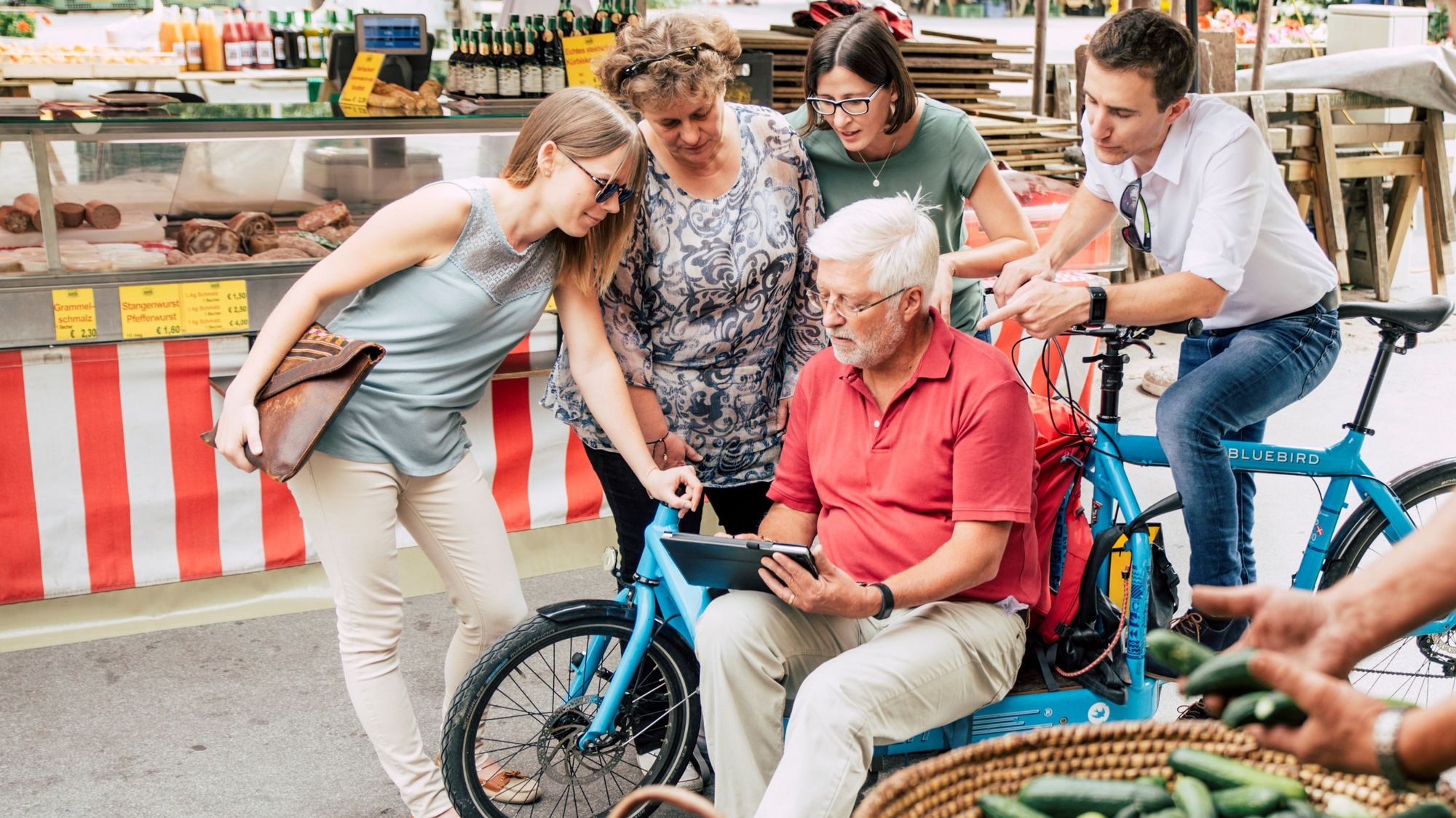Lifestyles in Climate Change and Society
Climate change requires that adaptations be made across the whole of society. These affect both groups and individuals.

Credit: JOANNEUM RESEARCH/Bergmann
We carry out research on the social preconditions and the dynamics of such a social transformation. The focus here is placed on the investigation of lifestyles, 'climate cultures' and associated changes. In this context, we also consider the role of innovative forms of civil participation and of political/technological fields of action.
Our expertise in stakeholder analysis and management is used to complement our technical analyses.
Lifestyle Check for Companies, Institutions and Individuals
While lifestyles are subject to extreme variation, they are also characteristic of the mindset and behaviour of certain population groups in terms of their climate relevance.
We provide customised Lifestyle Checks for companies, corporations, social and administrative units. These include the quantification of the emissions caused by the actual behaviour of the groups examined. This entails the derivation of consumption-based climate balances, as well as the compilation of information on socio-demographics and value attitudes. The analysis of such data and groups, and the use of feedback, monitoring and learning processes, enables us to diagnose possibilities for lifestyle change. Such information is of considerable strategic relevance and can make a significant contribution to social, economic and political decision-making.
- Get further information on the Climate-Lifestyle Check
Check your own climate-lifestyle now
Social Energy/Climate Cultures and Communities and their Enabling and Constraining Conditions
The actions of individuals, social groups and societies create specific energy or climate cultures. The formation of such cultures results in the development of typical core reference points. Whatever their nature, e.g. technical, organisational, or normative, individual or collective, etc., these serve to solidify various patterns of action and thus define how we habitually make use of energy. Detailed knowledge of such patterns and habits thus provides an essential basis for energy and climate policy decision-making.
We analyse which conditions are a help or hindrance in a specific case and then develop solutions which are designed to reduce barriers and strengthen supportive framework conditions. We examine which 'energy memories' underlie the attitudes of entire generations on issues of energy and the environment .
We then characterise the typical action patterns of social groups and identify starting points for intervention.
Further Aspects:
Climate Learning and Self-organisation of Social Groups: Analysing and Monitoring of Social Stakeholder Processes
As an aid to problem solving, learning processes (co-construction) are employed when accompanying social groups facing common challenges related to climate change, e.g. in specific neighbourhoods, or citizens' initiatives.
Health and Climate Change
Climate change is going to be an increasing challenge in the fields of mental and physical health. LIFE provides the expertise needed to study the effects of climate change and to develop solutions for their minimization.
